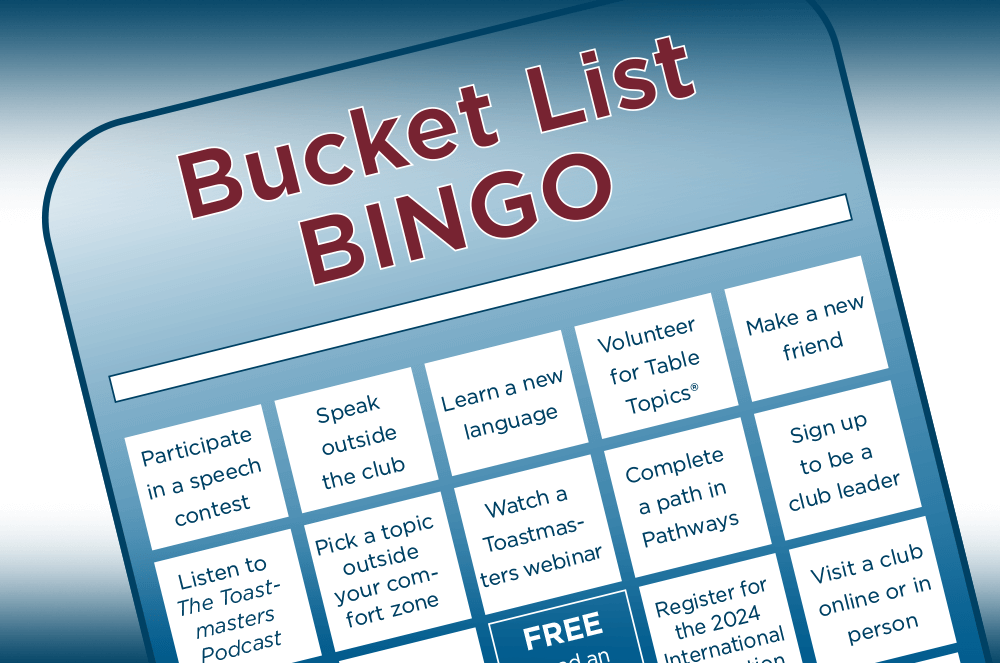
Do you want to learn a new language? Are you interested in pursuing project management or video production? Maybe you’d like to banish your black thumb and become a gardener or learn to play the trumpet. Whatever your goal may be, it likely ties to a skill that you’ll need to master. Mastering a new skill, truly being a beginner and moving into high proficiency, is a transformative investment for you, beyond the acquisition of knowledge.
This journey builds your resilience, adaptability, and dedication to continual improvement. Challenges along the way foster your perseverance, instilling a sense of confidence. Mastery opens doors to opportunities, enhancing both personal and professional fulfillment for you. Embracing this process enriches not only your skill set but also shapes you into a more capable, confident, and resourceful individual, ready to navigate the complexities of various endeavors.
Mastering a skill is not a quick task that you can simply mark off your to-do list, and deciding what skill to master is something you should put thought into. When you choose a skill aligned to your personal or development goals and have a compelling reason for why you want to master the skill, your chances of success will increase greatly.
To do this, narrow down your goals to pull out a skill that could be a focus. For example, if one of your goals is to get promoted and one part of the job is to speak at quarterly meetings, you may want to master public speaking. To drill down further you may want to focus on an inspirational style of speaking that compels employees to act.
Back to Beginner
Learning involves the acquisition of knowledge, while mastery involves moving past the basics into a sustained commitment to the refinement of skills. To become a master, you must first start as a beginner. You will need to make a deliberate decision to step outside your comfort zone, embrace the challenges and uncertainties, and learn from the five stages of development.
- The beginner stage is all about getting familiar with and understanding the basics, the foundations.
- The novice stage is about repetition and gaining confidence on the foundational tasks.
- In the intermediate stage, more complex techniques are added that expand the knowledge base and increase proficiency. Be careful moving into this stage too early; if you don’t truly master the foundations, you will face challenges as you move into more complex techniques.
- The expert stage is when you can consistently perform advanced tasks.
- The final stage, mastery, is obtained when you not only know how to do the skill effectively, but you also could teach someone the steps to complete the skill. At this level, you understand how to do it and why.
Going back to a beginner mindset is not a regression but a progression—an acknowledgment that true expertise is built upon a foundation of continual growth. It signifies your commitment to honing the fundamentals, refining the basics, and laying the groundwork for proficiency. This intentional return to a state of openness and curiosity allows you to gain fresh perspectives, identify overlooked nuances, and ultimately elevate your skills.
One skill you may have a desire to master is public speaking. Take that broad topic and narrow it down. Are there particular skills under the public speaking topic you wish to master? In the public speaking example, you may want to deliver a humorous speech. One skill you could focus on first is learning how to craft a speech that is humorous. Keep asking yourself questions about the skill until you capture the various components of mastering it. Mastery is a building process, and all the tasks and learnings then lead to your mastery. You cannot skip building the foundation.
Embarking on the journey of mastering a new skill, especially as you return to a beginner’s mindset, is transformative.
You don’t need to have every step determined from the beginning. For example, if you add every step to becoming an author on your list, you might be instantly overwhelmed and never start. Begin with the first couple of steps to mastering the skill and then build on that.
Ask yourself, “How will I know when I have mastered this skill?” It’s critical for you to define mastery for yourself before you begin. For example, if you are learning a new language, you will know you achieved this when you are able to hold a conversation over dinner entirely in the new language.
Bridging the Gap
There is a gap when you stretch yourself to master a new skill. Maybe you need to learn a basic step, unlearn something, build a new habit, or find a resource to complete it. That gap from where you start to where you are going is filled with obstacles.
For instance, you may want to become a master at gardening. First you would need to learn how to turn raw land into usable land for gardening—this is a gap between where you are starting and where you want to go. As you start this process, you might find out you don’t have the correct soil balance—that is an obstacle. Nothing worthwhile is easy and you will need to build resilience to keep going. Staying on track with your plan that outlines your steps can be difficult.
Embrace the challenges and remember you are on a learning journey. Seek advice from others who can provide valuable insights and guidance. Reach out to people you follow online, buy a book, or listen to a podcast. You don’t necessarily need to have a one-on-one conversation to learn from someone else’s journey. You are likely trying to master something others have mastered—learn from their mistakes and seek their wisdom with the resources available to you.
Continue the Journey
Staying on course when mastering a new skill, especially as you go back to being a beginner, is not always easy. Get comfortable with the uncomfortable, this is where true growth happens. Create a process to regularly review your progress. It is crucial to achieving the goal and mastering your skill. As you review your work, examine your calendar and the time you spend working on your new goal. Examine if you have truly dedicated your time.
As you add a new complex goal to your life, you will experience competing priorities. Often, especially when you are faced with an obstacle, you will choose the road of least resistance. Critically think about these crossroads. Make sure you do not shy away from being uncomfortable as a beginner by choosing the easy road and not work on your skill development.
Remember, you can do this! Embarking on the journey of mastering a new skill, especially as you return to a beginner’s mindset, is transformative. This intentional process will shape you into a capable, confident, and resourceful individual.
Sara Mayer, DTM is a strategic business consultant who believes you can set and crush bold goals without working double-time. Learn more at www.saramayer.com, and grab a copy of Sara’s Goal Reflection worksheet.
Related Articles

Personal Growth
Toastmasters 2024 Bucket List

Personal Growth
Level Up With Online Education

Personal Growth



 Previous
Previous

 Previous Article
Previous Article